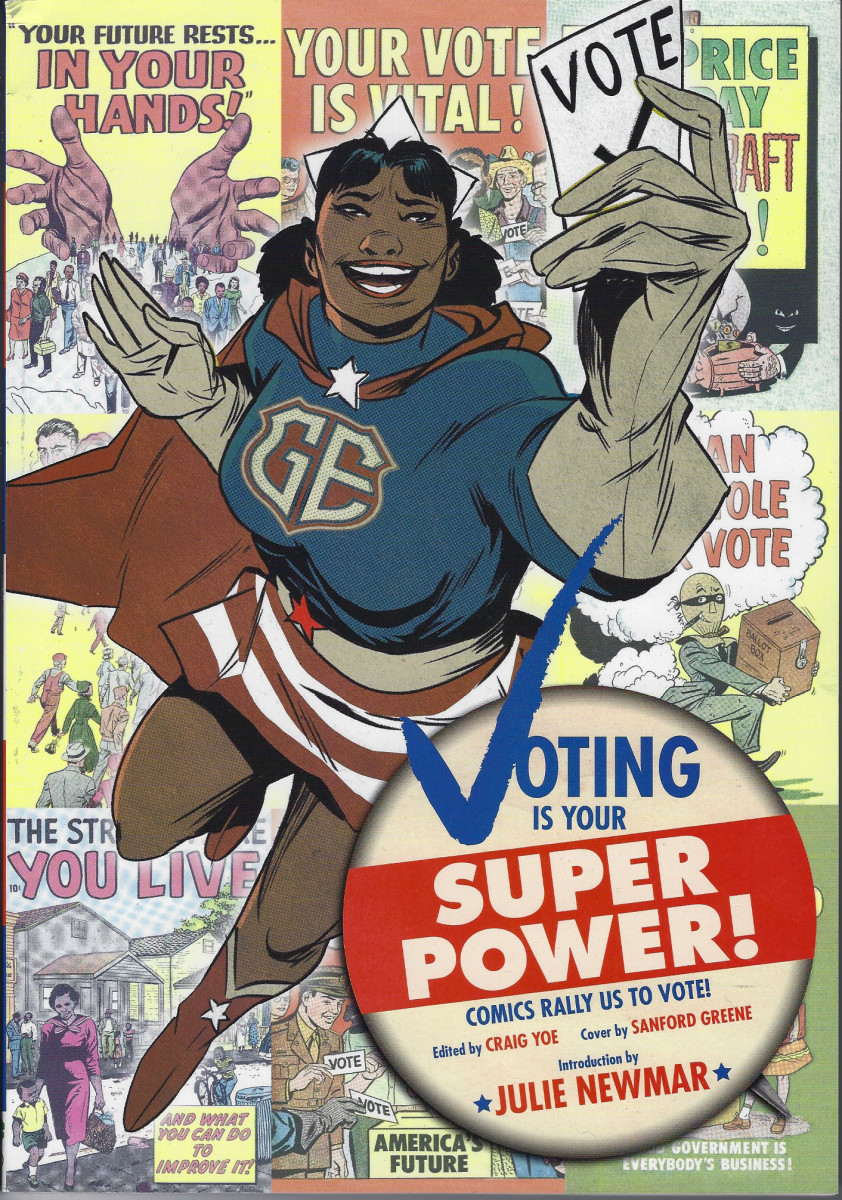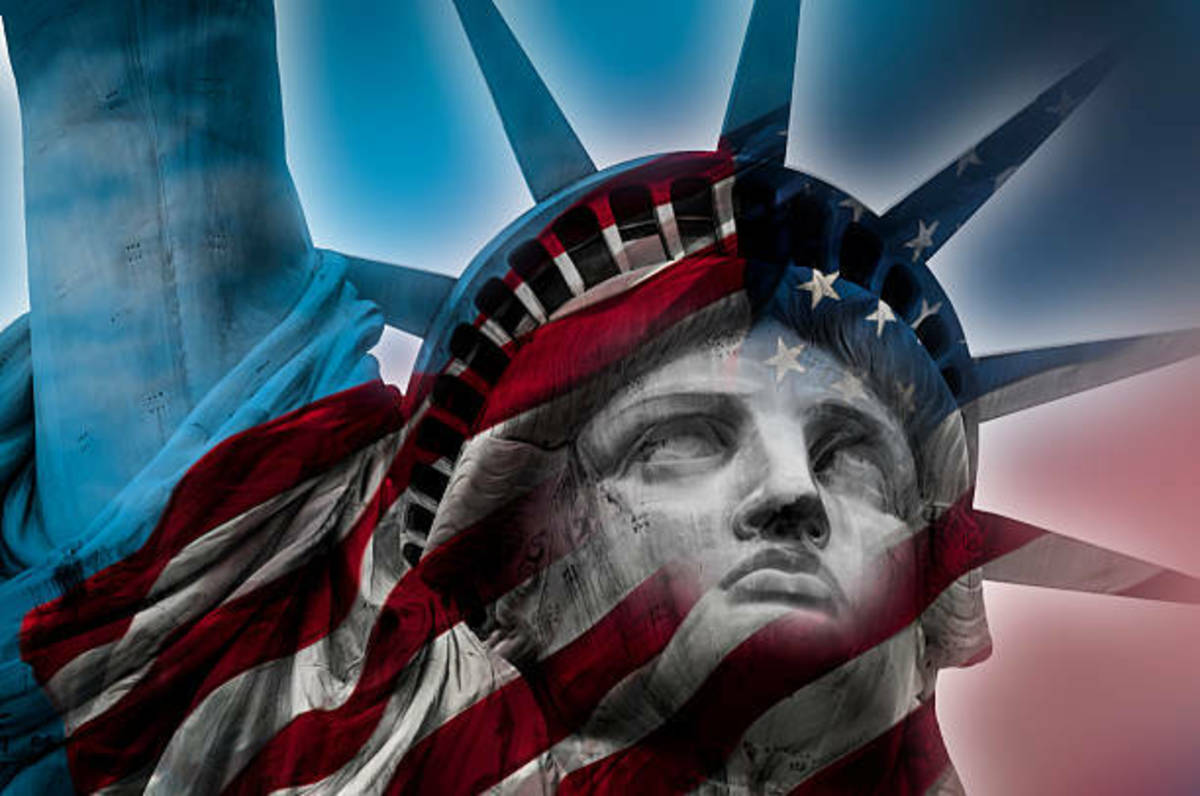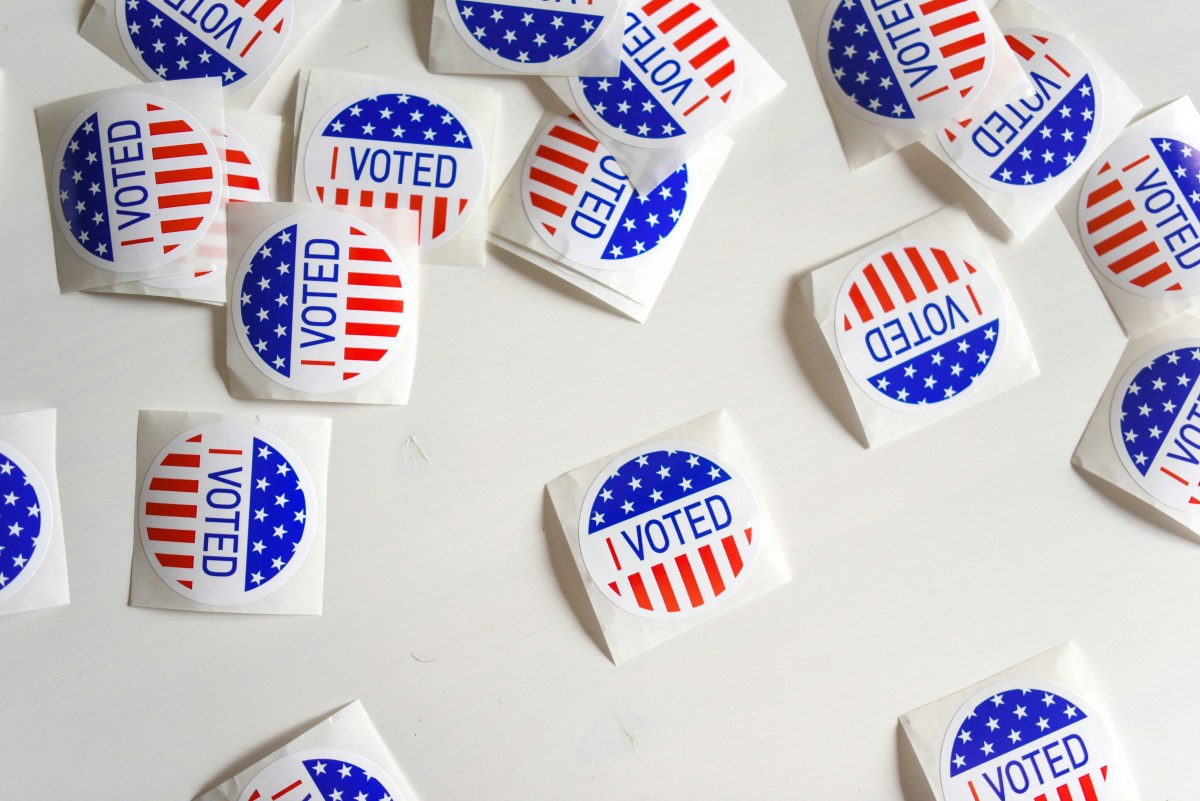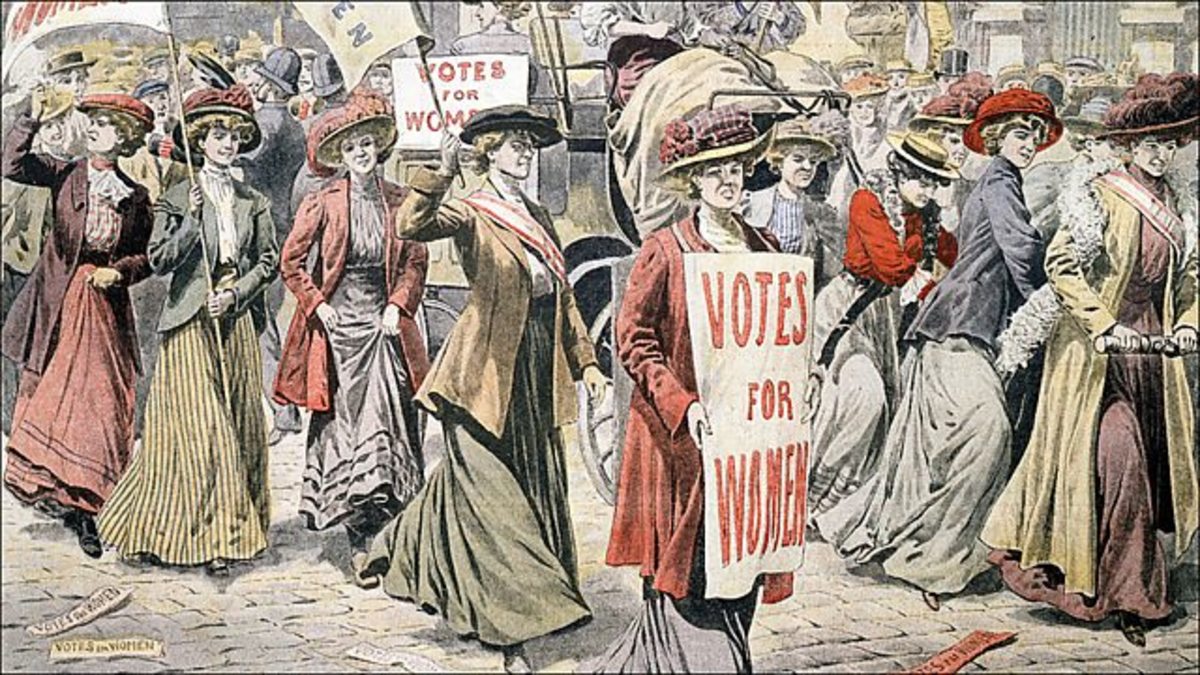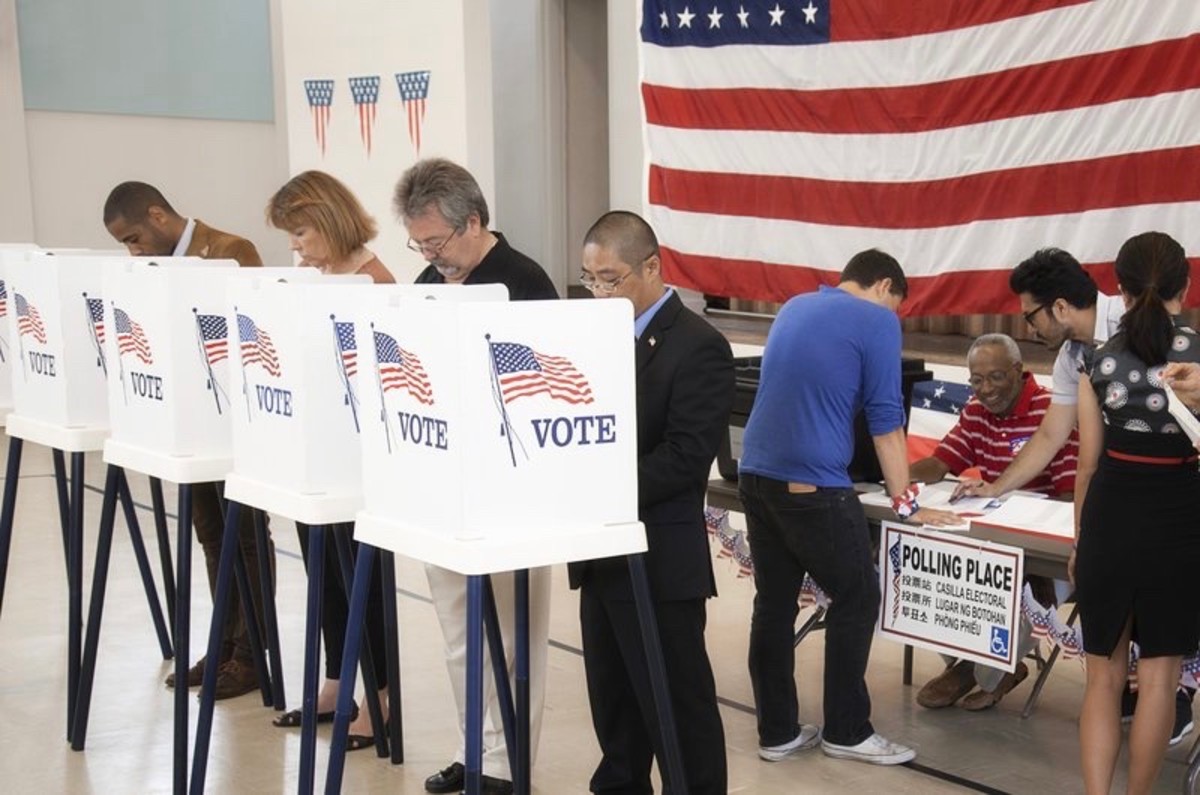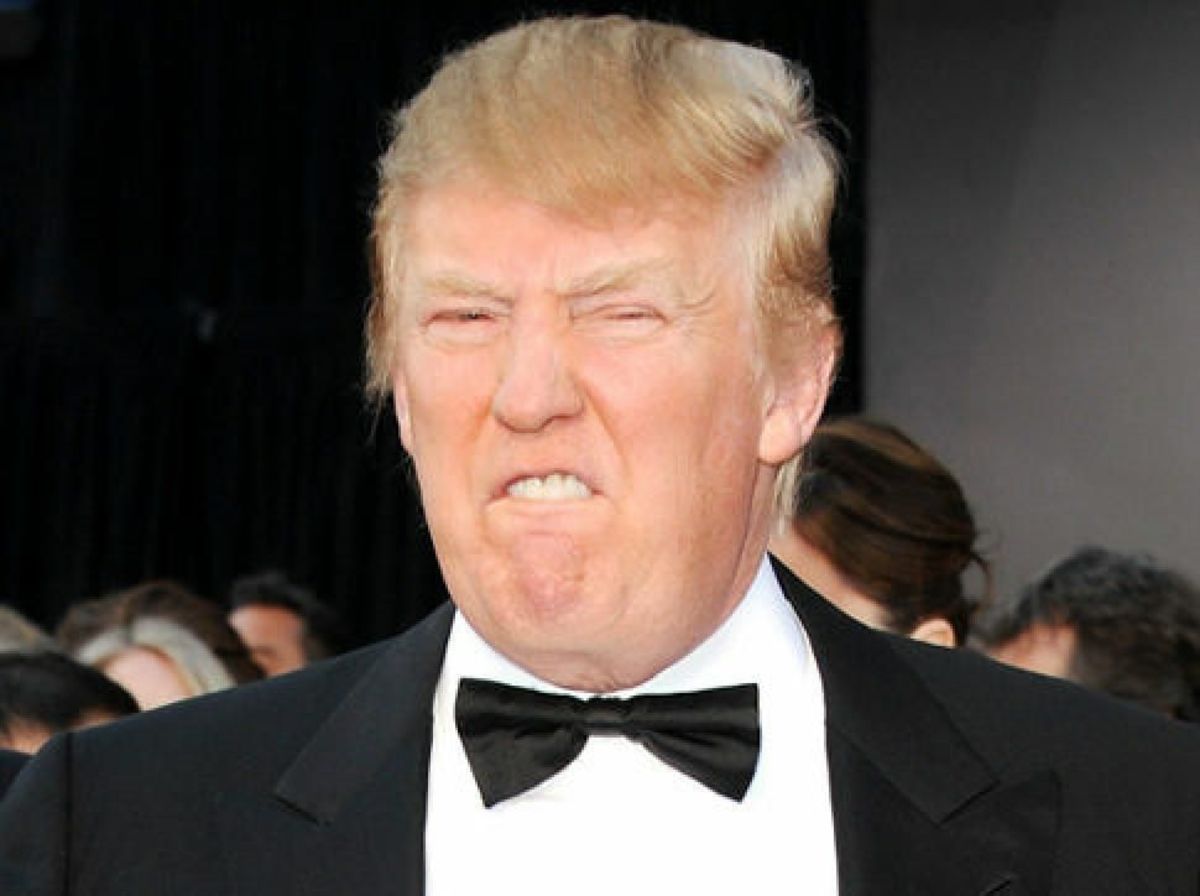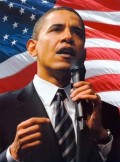Democracy.
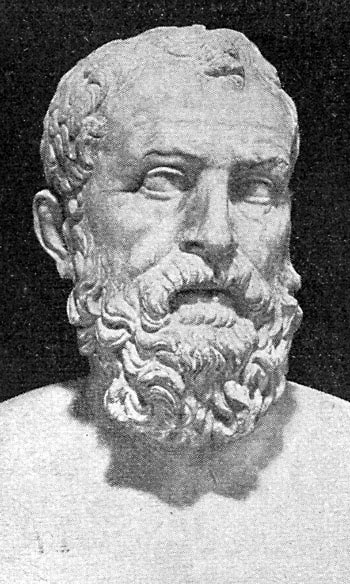
We in the west love democracy, and rightly so. It represents freedom and justice and a say in how we are governed. How much of each of those things we get is another matter. But it is the best alternative compared to communism, fascism, theocracy, and old style monarchy.
I believe Winston Churchill said something like: Democracy is a terrible way to run a country, but it’s the best way there is. I tend to agree. The idea of democracy is great, but the practice often leaves much to be desired.
One obvious problem seems to be the adversarial party system. If there are more than two major parties in a country a government can be voted in by a minority of the voting public. The more parties there are the worse that number becomes.
That means minority government or coalition is the norm in many countries. That means very little gets done and we the people suffer.
But even with a majority government there are pros and cons. The fact that nothing gets done in a minority government is often a blessing after the upheaval a majority can often bring once allowed to do their hearts desire and exercise their political agenda
The best we can ever hope for are parties that cooperate with each other; and that almost never happens.
I think there is a better in true democracy. That is to say: a different kind of democracy.
Commentators often say that fewer and fewer of us bother to go the poles. Voter apathy is rampant. And not just in some countries; all over the world.
Why is that? The main reason given when people are asked is that it is because no matter who gets voted in, no matter what they promise us, they just do whatever they want to do. Voting for one or the other isn’t going to change anything.
Even though we have what are considered democracies, we feel as if our individual vote means little or nothing in the end.
In some countries like New Zealand voting is a mandatory obligation. But to me that defeats the idea of being able make a statement by abstaining, and doesn’t do much for the idea of freedom. One cannot assume that people who are forced to vote will make informed choices.
But on the other hand there is something to be said for the idea that voting is not just a right, it’s a duty. Though not much in my opinion. Do we want people voting even they don’t want to? What’s the point? I’d rather think that whatever happens, it’s something people feel strongly about. Voting in a government by wearing a blindfold and sticking a pin in a board is not democracy as far as i am concerned.
There must be a better way? And maybe there is.
One of the reasons our democracies are formed the way they are is because in the past there was no way for all the people to have a vote on day to day policy. Distances were too far for us to travel every time an issue came up for vote. We elect representatives because we have lives. We can’t be expected to work and work at governing ourselves at the same time. We cannot know the issues in the detail our representatives can since that’s their full time job.
Now those arguments no longer apply. Today we live connected to the world. We have access to so much information it’s overwhelming. Want to know something? Look it up. It takes a few seconds.
Everyone has an opinion on just about everything. We live on our phones, tablets and computers on line. We vote on issues every day. It’s just that our votes don’t count for much. They certainly are not binding.
What better way to get people interested in voting then to let them vote and let their vote count? By that I mean that we could change the way we govern ourselves by making representatives responsible for creating legislation and then leaving it to us for a vote.
It would then be the politician’s job to educate us as to the particulars of the issue. After a specific time we would be asked to vote. We would log in to a secure server and have our say.
Five minutes a week and we could help decide municipal, provincial, state, and federal issues.
Oh we wouldn’t be voting on everything. We wouldn’t directly be creating legislation to vote on. If we didn’t like what we were presented with they would have to go back to the drawing board and try again.
There are social issues we couldn’t vote on in order to avoid mob rule. Legislators would still have to make sure the laws they present to us for approval are constitutional. And best of all, no matter what the outcome, good or bad, we would have no one to blame but ourselves.
This would not mean we would be able to get rid of our leaders. We need visionaries to lead us. We also need a government for security and the military. We could still vote in representatives. But we might be able to get rid of the party system as it is. We might be able to get our parties to cooperate in giving us what is best for our countries, not just best for their partisan political agendas.
After all, they would have to get approval for whatever they do directly through us. That would be a real democracy like none the world has ever seen.
It would eliminate many forms of corruption, backroom deals, omnibus bills and all the underhandedness that goes with them. Perhaps it could make the Canadian senate obsolete?
The major structure of government would no time. We are not going to be less plugged in anytime soon. In fact, as time goes on we are no doubt going to be increasingly more plugged in. The genie is out of the bottle and can’t be put back in.
Yet people feel disconnected with the processes that directly affect our lives. That’s just wrong; and it no longer has to be that way. With structures like a good constitution and charter of rights and freedoms to guide us, we can virtually govern ourselves. And politicians could be what they are meant to be: our representatives, the people that find solutions to the problems of the day, and then run those ideas by us for approval; not our masters until our constitution tells us we can vote the bums out... if there is someone better to vote in.
Give the vote to the people. It’s not hard to do, and it’s the right thing to do.

